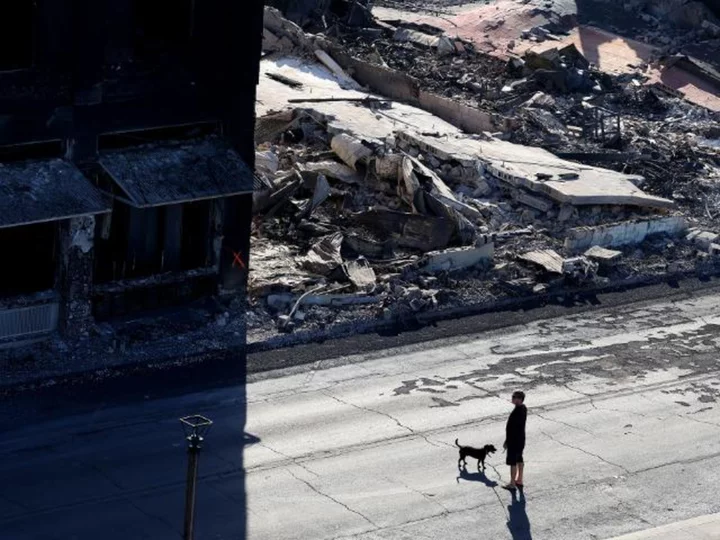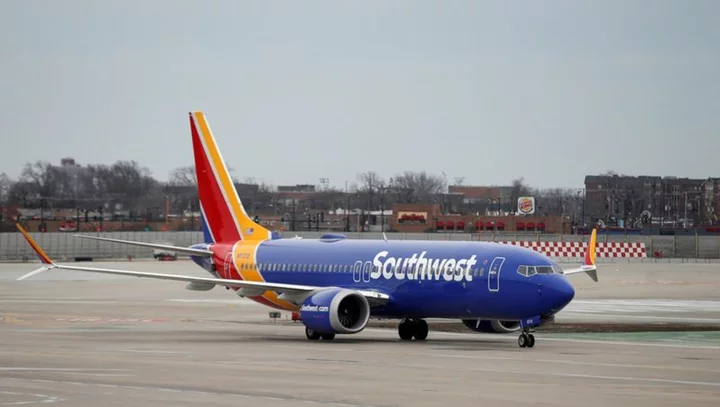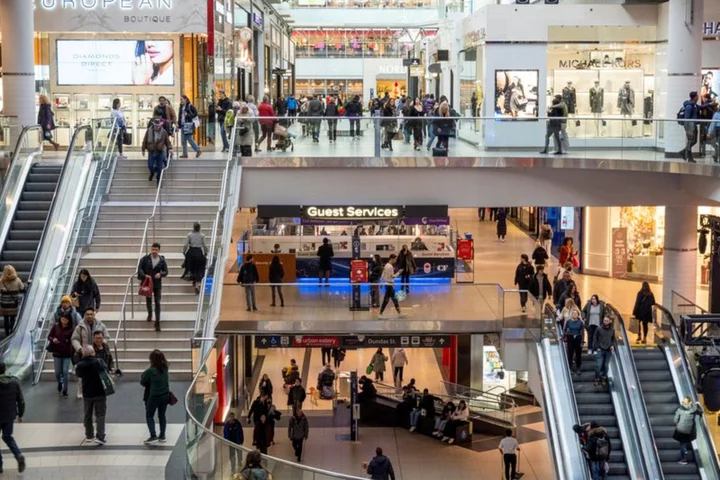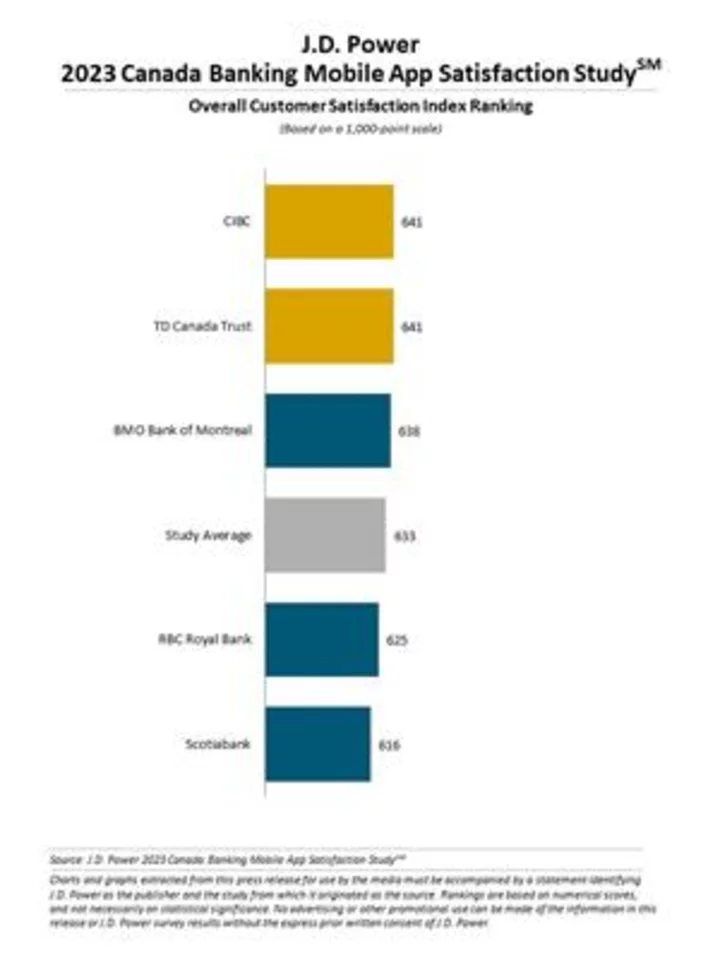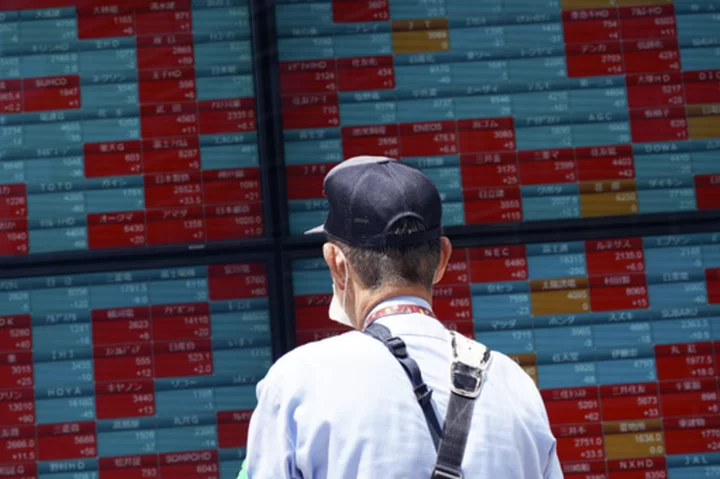Beyond the devastating human toll from the recent wildfires on Maui, there will be a financial cost far above what a disaster like this would have caused on the mainland.
That's because the process of rebuilding the more than 2,200 homes and businesses that state officials say have been damaged by the Hawaiian fires will be far more expensive than building or repairing comparable homes in the continental United States.
Factors from the state's own limited construction resources and the expense of shipping goods to higher salaries and a less mobile workforce will make the rebuilding process, always challenging after a natural disaster, even costlier.
All told, doing business in Hawaii is about 30% more expensive than the cost of doing business in the rest of the United States, according to Moody Analytics.
Construction costs in particular are likely even higher in Hawaii when compared to the mainland — about 44% more, according to an estimate from Verisk, a catastrophe modeling firm that produces estimates used by the insurance industry.
"Based on similar historical events, this is likely conservative, as building delays and supply and demand cause additional pressures on reconstruction costs," said Verisk.
Higher lumber prices
Unsurprisingly, prices for lumber and other building materials were generally between 35% to 40% more in Hawaii than on the mainland even before the fires, said Beau Nobmann, sales manager for HPM Building Supply, a major building goods supplier in the state.
Now, the surge in demand for building materials could cause shortages, driving up prices further.
And because much of those building materials will need to be shipped in, supply chains could get snarled and bottlenecks could form.
"It could be like what we saw during the pandemic, with delays of six to nine months in some cases, before it starts to come back to pre-event," Jason Thies, associate vice president of pricing analysis for Corelogic, one of the catastrophe modeling firms used by the insurance industry.
Hawaii is also known for stricter regulations, which can increase costs. For example, Nobmann said that all lumber imported into the state must be treated for termites.
Construction permitting generally takes longer in Hawaii than most mainland locations, said Jessica Leorna, CEO of the state's Building Industry Association.
And goods shipped to Hawaii from US ports must move on US flagged ships under what is known as the Jones Act, which increases shipping costs when compared to foreign flagged vessels coming from Canada or Asia.
Labor costs and a less mobile workforce
The state also has among the nation's highest average wages, according to the Labor Department. That's especially true for construction workers, who were in short supply even before the fires, according to the state's Building Industry Association.
A review of state wage data by Moody's Analytics shows that the average construction worker in Hawaii earned about $60,700 in 2021, the most recent data available. That's 32% higher than the US average.
While some West Coast states susceptible to wild fires, such as California and Washington, have construction wages that are close to Hawaii's, the Hawaiian construction wages are much higher than in some other disaster-prone states, such as Florida, where the average construction worker earned $41,200 in 2021.
That salary premium in Hawaii could go even higher during the reconstruction efforts.
That's because it's not nearly as easy for workers to move to the state the way they might in response to comparable mainland events, said Adam Kamins, senior regional economist for Moody's Analytics. He said beyond the cost of living that can discourage workers from moving to Hawaii temporarily, there's not much in the way of affordable housing for them.
"When Hurricane Ian hit Florida's Southwest coast, there was housing capacity within 30 minutes that wasn't affected. And workers from elsewhere in the state or the Southeast could drive home on weekends," he said. "That's not the case here."

